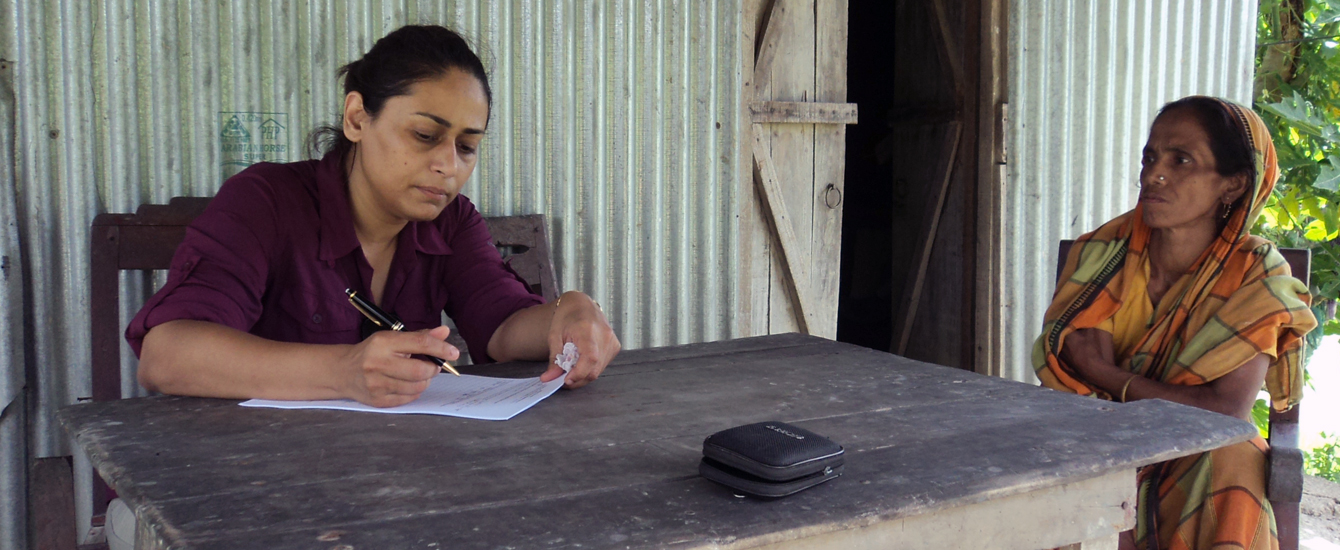Human-environment geographers draw from social theory, ecological sciences, land system science, development studies, decision science, law, and ethics to examine relationships between people and environments. We focus on how these relationships influence processes shaping: (1) land use, land cover and their long-term legacies; (2) the use and control of natural resources; (3) socio-ecological vulnerability and resilience; and (4) patterns of environmental justice, conflict and uneven development.
Areas of Expertise
- Environmental policy and practice
- Food systems and agriculture
- Human dimensions of global environmental change
- International development
- Natural resource extraction
- Socio-environmental movements and conflicts
- Sustainability, land use, and environmental change
- Vulnerability, resilience and hazards
- Political ecology
Faculty
Anthony Bebbington, Ph.D.
Development geography, political ecology, social movements, natural resource extraction, agrarian change
Rinku Roy Chowdhury, Ph.D.
Land system science, cultural and political ecology, institutional theory, agrarian decision making and change, urban ecology and climate resilience, mixed-methods research (also in GIScience and Remote Sensing)
James McCarthy, Ph.D.
Political ecology, political economy, environmental politics, policy, and governance, social theory (also in Urban-Economic Geography)
James T. Murphy, Ph.D.
Economic geography, technological change, sustainable development, developing economies (also in Urban-Economic)
Gustavo Oliveira, Ph.D.
Political ecology, political economy, global ethnography, critical geopolitics, agribusiness and agro-ecology, infrastructures, finance, China, Brazil and Latin America
Max Ritts, Ph.D.
Environmental geography, sensory studies, multispecies, Indigenous studies, critical theory

